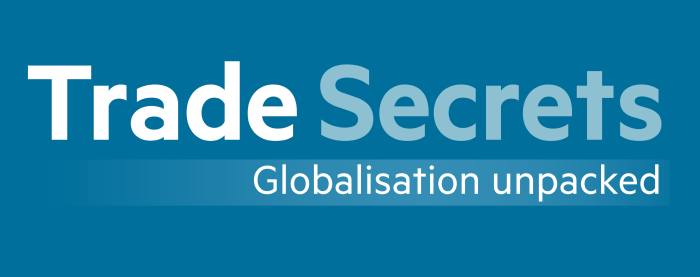[ad_1]
Prior to President Joe Biden’s first visit to Brussels, the United States warned the European Union against pursuing a “protectionist” technology policy specifically targeting American companies.
As the European Parliament is about to start a debate, the National Security Council under the White House wrote a letter last week complaining about the tone of recent comments on the EU’s flagship technology regulation.
“We are paying particular attention to the recent comments by Andreas Schwab, the rapporteur of the European Parliament’s Digital Market Act. He suggested that DMA should undoubtedly target the five largest companies in the United States,” the email read by the Financial Times stated , The date is June 9.
It added: “Comments and methods such as this make it extremely difficult for regulatory cooperation between the United States and Europe, and send a message that [European] The Committee has no intention to engage with the United States in good faith to respond to these common challenges in a manner that is in our common interests. “
“Protectionist measures may put European citizens at a disadvantage and hinder the innovation of member states’ economies. Such policies will also hinder our ability to work together to coordinate our regulatory systems,” it said.
According to several people familiar with the matter, the note was sent by the National Security Council to the staff of the EU delegation in the US capital as part of the routine communication between Washington and Brussels.
Both the United States and the European Union are eager to rebuild the relationship that was damaged by the acrimony during Donald Trump’s presidency. On Tuesday, Biden will attend the EU-US summit in Brussels to discuss trade, technology and China issues.
Also on Tuesday, the United States and the European Union Resolved 17 years of disputes Aircraft subsidies have lifted the threat of billions of dollars of punitive tariffs.
At the Brussels summit, the two parties will commit to the formation of a “Trade and Technology Committee.” This will coordinate standards for new technologies such as artificial intelligence, discuss the technology supply chain, and resolve technical regulations and competition policies.
“We think there is a lot of room for cooperation with Europe in a range of areas [of] Digital, data and technology regulatory issues, and look forward to constructive dialogue. We also believe that any digital, data or technical regulations must treat individuals and companies fairly based on objective standards,” an NSC spokesperson told the Financial Times.
Last month, Schwab, a member of the German center-right European Parliament and a long-time critic of Google, said in an interview with the Financial Times that the five largest technology companies in the United States — Google, Amazon, Apple, Facebook, and Microsoft — are “the biggest problem“European Union Competition Policy.
“Let’s focus first on the biggest problem, the biggest bottleneck. Let us go down this line-one, two, three, four, five-maybe six [China’s] Alibaba,” he said. “But let’s not include a European goalkeeper from the seventh to please Biden. ”
The “Digital Market Act” is a draft legislation aimed at curbing the power of large technology companies. It is the first major reform of EU technology regulations in two decades.
The White House is facing pressure from some members of Congress to take a tougher stance on EU plans. A letter signed by the co-chairs of the U.S. Digital Trade Caucus last week warned Biden that EU legislation may “Disproportionate damage American Technology Corporation”.
A National Security Council official stated that the e-mail excerpts obtained by the Financial Times were carefully selected and did not reflect the broader context of the communication, which showed common ground and believed that Washington and Brussels should cooperate on digital policies.
The NSC official added that in addition to staff emails, it also sent some technical questions to better understand the proposed legislation.
The National Security Council’s explanation follows an agreement reached by the United States-led Group of Seven countries earlier this month. Change global tax rules Set a minimum tax rate and levy taxes on the largest company in the country where the sales are located.
The European Commission declined to comment.
Trade secrets

The British “Financial Times” revised “Trade Secrets”, which is its must-read daily newsletter on the changing face of international trade and globalization.
Register here Learn which countries, companies, and technologies are shaping the new global economy.
[ad_2]
Source link



